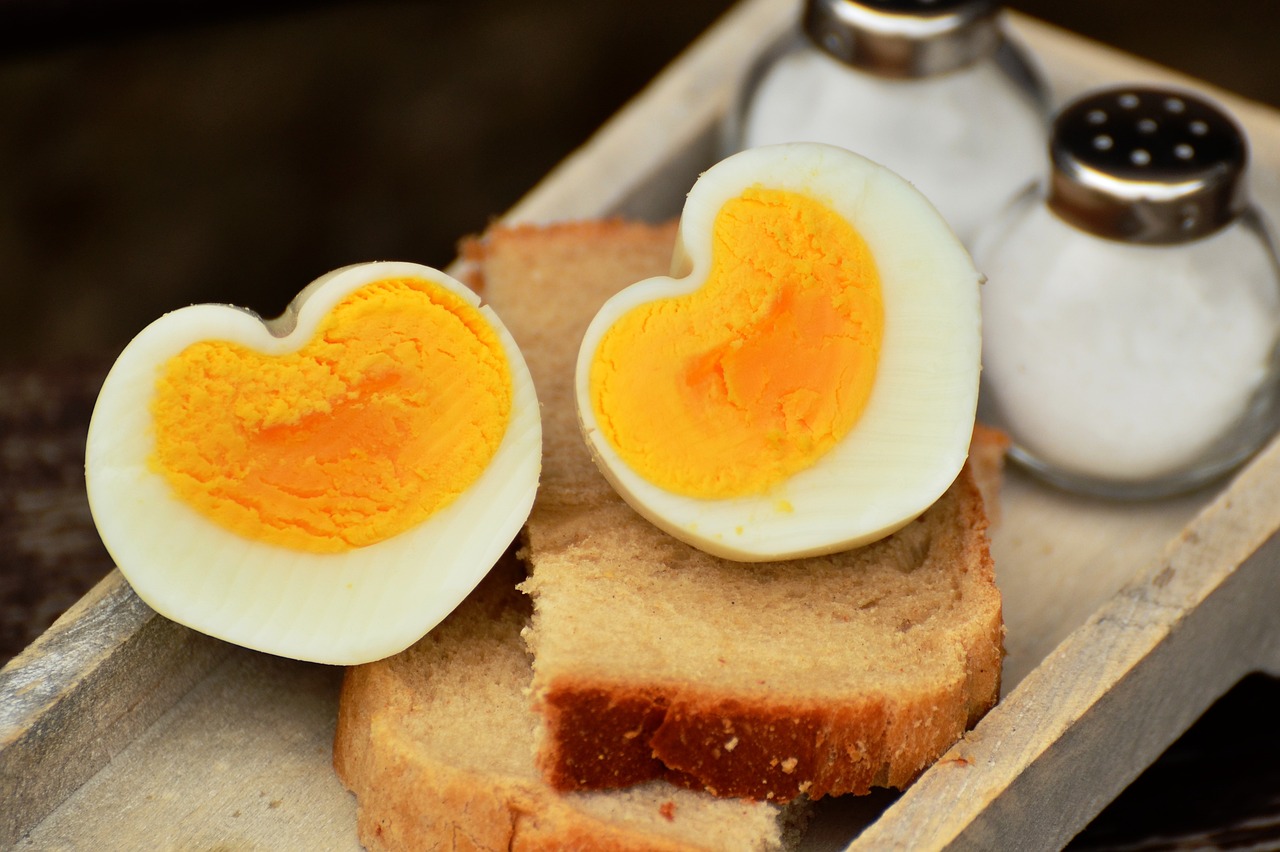
The Egg Diet, also known as the “Egg Fast,” is a short-term dietary plan that promises significant and rapid weight loss. While it may seem appealing, this restrictive diet raises concerns about its safety and sustainability. Below is an in-depth analysis of its characteristics, potential risks, and expert opinions.
What Is the Egg Diet?
The Egg Diet is characterized by:
- High intake of fats and proteins with minimal carbohydrates.
- Mimicking the effects of a ketogenic diet by inducing ketosis—a metabolic state where the liver produces ketone bodies for energy when glucose is scarce.
This diet leads to appetite suppression and rapid weight loss, primarily due to water loss in the absence of carbohydrates. However, its restrictive nature makes it unsuitable for long-term use.
Does the Egg Diet Help with Weight Loss?
Yes, the Egg Diet can result in rapid weight loss of 3–4 kg (6–9 lbs) within the first week. However, the majority of this weight loss is attributed to:
- Water weight reduction rather than fat loss, as carbohydrates retain water in the body.
- Minimal fat burning during this initial phase.
Some individuals adopt the diet for one week per month, alternating it with a balanced and varied Mediterranean diet to manage long-term weight and ensure nutritional diversity.
Allowed Foods in the Egg Diet
The Egg Diet primarily revolves around eggs, a rich source of:
- High-quality animal protein containing essential amino acids.
- Healthy fats and vitamins, making eggs a nutrient-dense yet low-calorie food (approximately 90 calories per 60g egg).
Additional foods may be included in limited quantities:
- Types of eggs: Hard-boiled, poached, soft-boiled (with cooked whites and runny yolks to preserve fatty acids).
- Other items: Butter, cheese.
- Preference for organic eggs with higher omega-3 content.
Daily intake typically includes 4–6 eggs, making this diet highly restrictive.
Duration of the Egg Diet
The Egg Diet is a short-term, low-calorie plan lasting no more than a few days. Prolonging it beyond this timeframe increases the risk of severe nutritional deficiencies and health complications.
Risks of the Egg Diet
Following the Egg Diet can expose individuals to numerous health risks:
- Kidney strain: Increased protein intake can stress the kidneys, particularly without sufficient hydration (recommended: 1.5–2 liters of water daily).
- Fatigue and nutrient deficiencies: Lack of vitamins and essential minerals.
- Rapid weight loss: The body struggles to adapt to such quick changes, leading to:
- Yo-yo effect: Rapid weight regain after the diet.
- Loss of appetite regulation.
- Increased risk of developing eating disorders due to extreme food restrictions.
Precautions and Contraindications
Medical or dietary supervision is strongly advised before starting the Egg Diet. This diet is strictly contraindicated for individuals with:
- Diabetes.
- Eating disorders.
- Heart rhythm issues.
- Kidney or liver problems.
- Pregnant or breastfeeding women.
- Children and adolescents.
Expert Opinion: Is the Egg Diet Safe?
Nutritionists warn that the Egg Diet is an extreme and restrictive plan akin to fasting. While it may yield short-term weight loss, its potential dangers outweigh its benefits:
- Health risks: Kidney strain, deficiencies, and rapid weight fluctuations.
- Sustainability issues: Weight regain is almost inevitable due to the diet’s unsustainable nature.
Sustainable Alternatives
Instead of resorting to drastic measures, consider making gradual, long-term changes to your diet:
- Incorporate protein-rich foods, such as a soft-boiled egg, into your breakfast.
- Focus on balanced, enjoyable meals to avoid frustration and promote lasting habits.
The Egg Diet may offer quick results, but for lasting weight management and overall health, a balanced approach is key. Always prioritize sustainable, nutrient-dense dietary patterns over short-term fixes.



